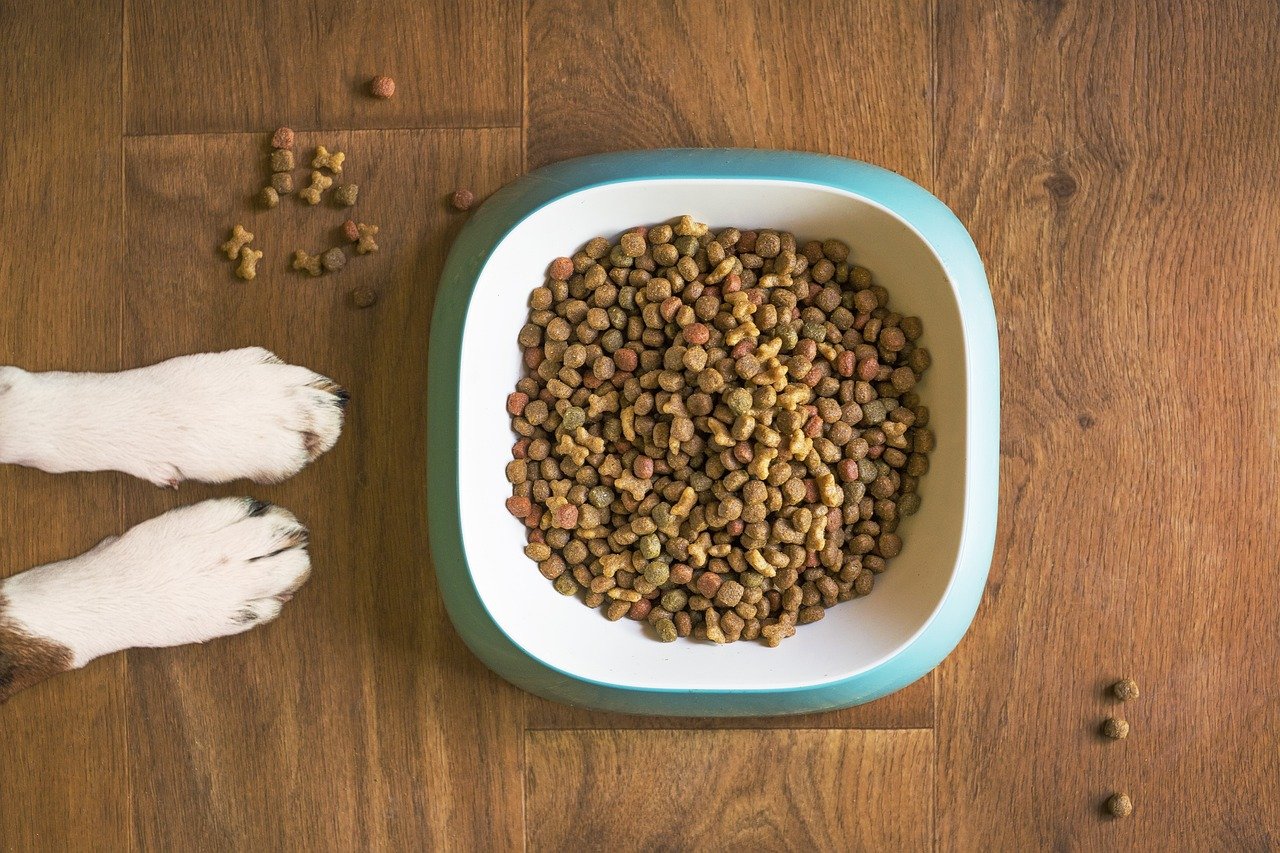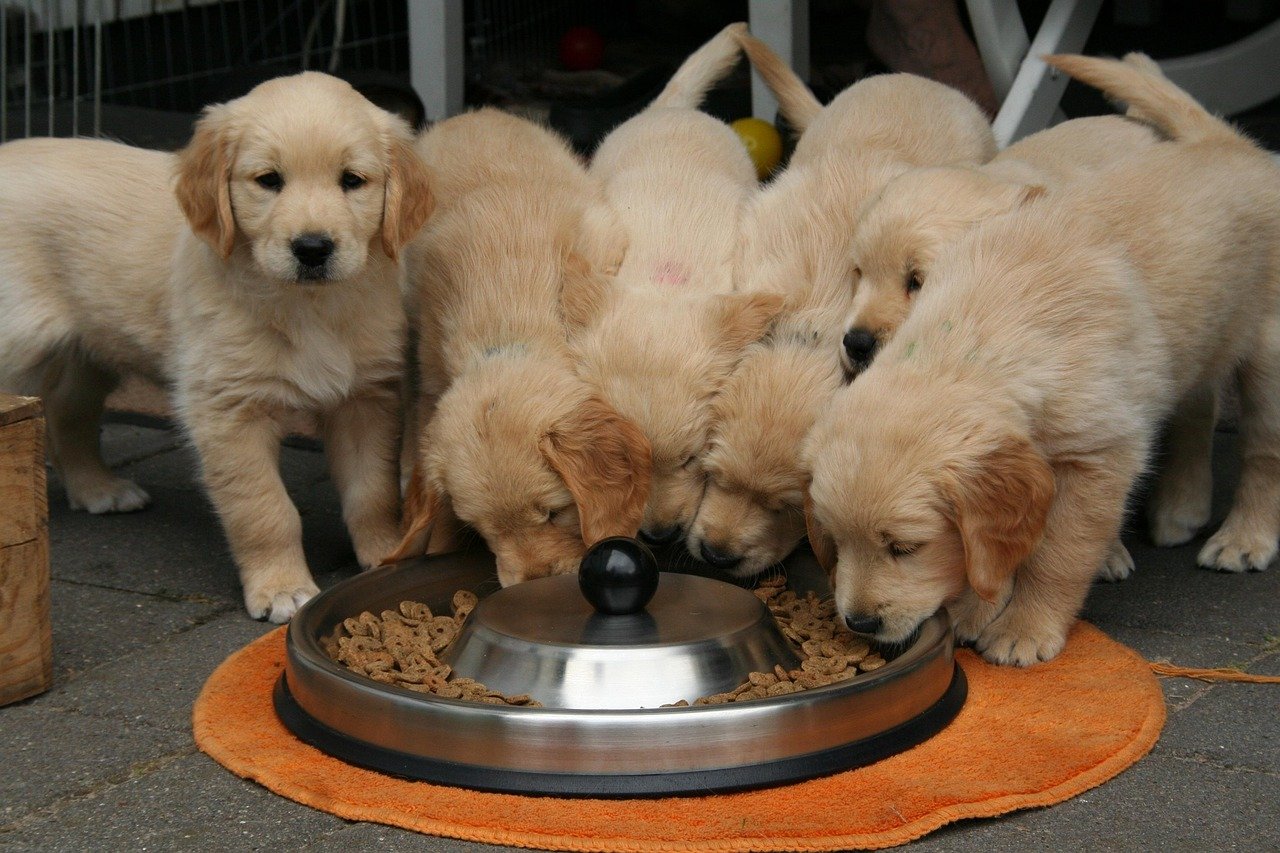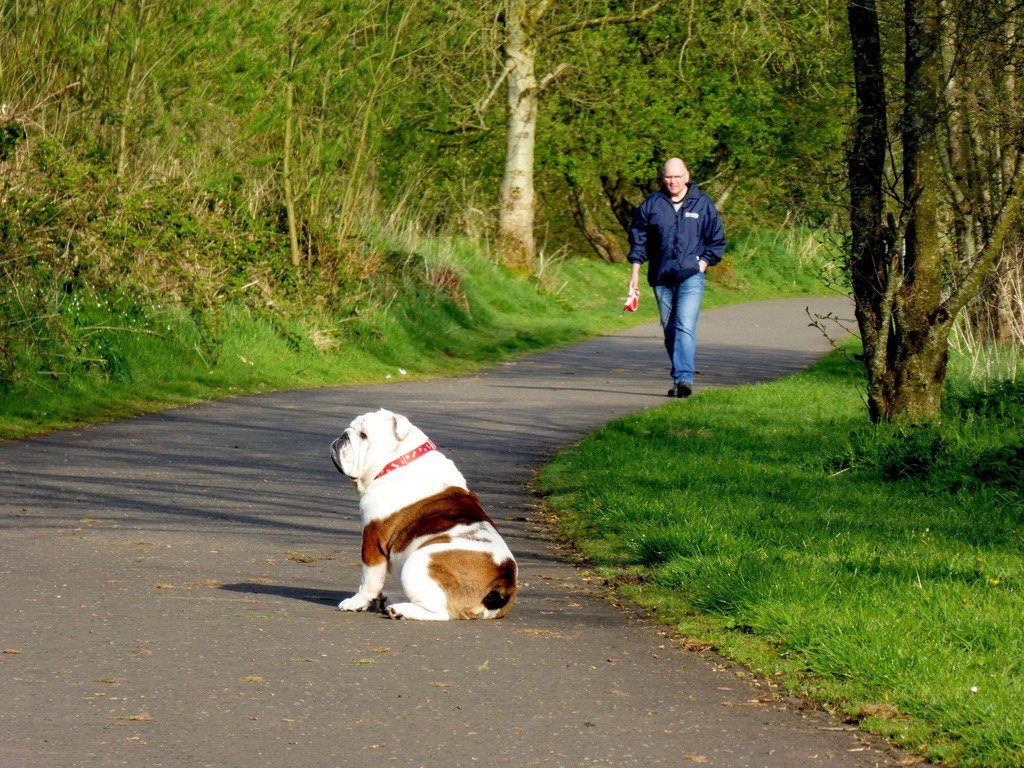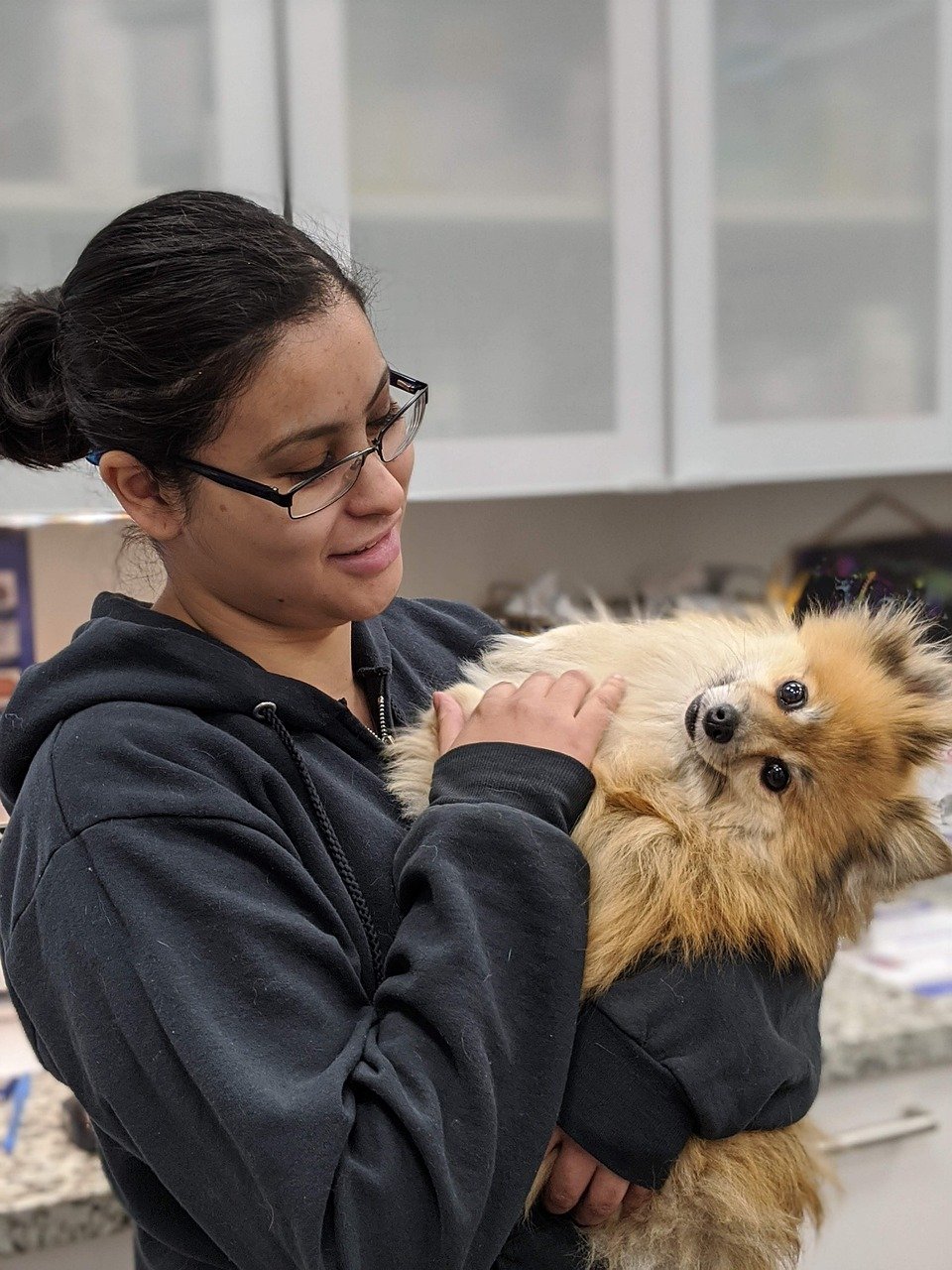Have you ever wondered just how long your furry best friend could manage without their beloved doggy dinners? Maybe your dog turns their nose up at breakfast, or perhaps you forgot to restock the treat jar and panicked—are they okay? It’s a question that can make any pet owner’s heart race, but the answer is both fascinating and reassuring. Let’s dig into the surprising facts, bust some myths, and learn what really happens when a dog skips a meal (or two).
What Happens When a Dog Skips a Meal?

Most dogs love their food so much that missing a meal almost feels like a crime. But, just like us, dogs can sometimes go without eating for a bit and still be just fine. When a dog skips a meal, their body will first use up the sugars stored in their liver. After that, they’ll start burning fat for energy, much like people do during fasting. They might seem a little sluggish or even sulky, but skipping one or two meals usually isn’t harmful. If your dog refuses food for a day, don’t panic—sometimes dogs are just picky or feeling off for a short while. However, it’s important to keep an eye on them for any other signs of trouble, like vomiting or lethargy. Just remember, a missed meal isn’t always an emergency, but it’s worth noting if it happens more often.
The Average Time A Healthy Dog Can Go Without Food
You might be shocked, but a healthy adult dog can actually go without food for about three to five days, sometimes even up to a week in rare cases. This doesn’t mean it’s a good idea to test this theory, but it does show just how resilient dogs really are. Of course, water is a totally different story—dogs can only last a couple of days without it. If your dog is refusing food but still drinking water, there’s usually a little more wiggle room before it becomes dangerous. However, after 24-48 hours of not eating, it’s a good idea to call your vet for advice. Imagine your own stomach growling after missing lunch—now multiply that by a few days, and you’ll understand why your pup looks at you with those pleading eyes!
Puppies: Why They Need Food Sooner

Puppies are a whole different story. Unlike adult dogs, puppies have tiny tummies and energy reserves that run out fast. If a puppy under six months old goes more than 12-24 hours without food, it can quickly become a medical emergency. Their bodies just aren’t built to handle fasting the way adult dogs can. Puppies can get dangerously low blood sugar, which can make them weak, wobbly, or even cause seizures. If you notice your puppy skipping meals or acting strange, don’t wait—get help right away. Keeping a close eye on their eating habits is just as important as teaching them where to potty!
Senior Dogs and Special Needs

Older dogs might act like wise old sages, but their bodies aren’t as forgiving when it comes to missing meals. Senior dogs often have medical conditions or slower metabolisms that make fasting riskier. If your older dog suddenly skips a meal or two, it could be a sign of something more serious, like dental pain or organ trouble. For dogs with chronic conditions like diabetes or kidney issues, even one missed meal could cause big problems. Always err on the side of caution and consult your vet if your senior pup loses their appetite. After all, those gray whiskers deserve the best care possible.
Why Would a Dog Stop Eating?

It’s easy to blame pickiness, but there are many reasons a dog might refuse food. Sometimes it’s stress—like moving to a new house, a change in routine, or even a thunderstorm. Other times, it could be a sign of illness, dental pain, or digestive upset. Certain medications can also make food less appealing. Don’t forget, dogs can be tricksters, too—they might hold out for tastier treats if they think something better is coming! If your dog skips a meal but seems otherwise happy and playful, there’s often no need to worry. But if they seem sad, tired, or have other symptoms, it’s time to investigate further.
Signs That Skipping Meals Is a Problem
Missing a single meal isn’t usually cause for alarm, but repeated refusals can signal trouble. Watch for signs like vomiting, diarrhea, weight loss, drooling, or changes in behavior. If your dog seems weak, can’t keep water down, or has trouble standing, these are urgent red flags. Dogs are masters at hiding pain, so subtle changes—like not greeting you at the door or ignoring their favorite toy—can mean more than you think. Always trust your gut; you know your dog best. If anything feels off, don’t hesitate to call your veterinarian.
Encouraging Your Dog To Eat Again
Sometimes, all it takes is a little encouragement to get your dog back to their bowl. Try offering a bland diet like boiled chicken and rice, which is gentle on the tummy and smells irresistible. Warming up food can make it more tempting, too. Make mealtime fun—use puzzle feeders or add a splash of low-sodium broth for extra flavor. Don’t forget to check their mouth for dental issues; a sore tooth can make eating painful. If nothing works and your dog still refuses food, it’s time for a trip to the vet. Remember, patience and love go a long way, especially when your best friend is feeling down.
When To Seek Veterinary Help

If your dog hasn’t eaten for more than 24-48 hours, or if you notice any concerning symptoms, it’s time to call the vet. This is especially true for puppies, senior dogs, or pets with medical conditions. Vets can do a thorough exam, run tests, and recommend treatments to get your dog back on track. Waiting too long can turn a simple problem into a serious one, so don’t delay if you’re worried. Your vet is your partner in keeping your dog healthy and happy, no matter what’s on the menu.





